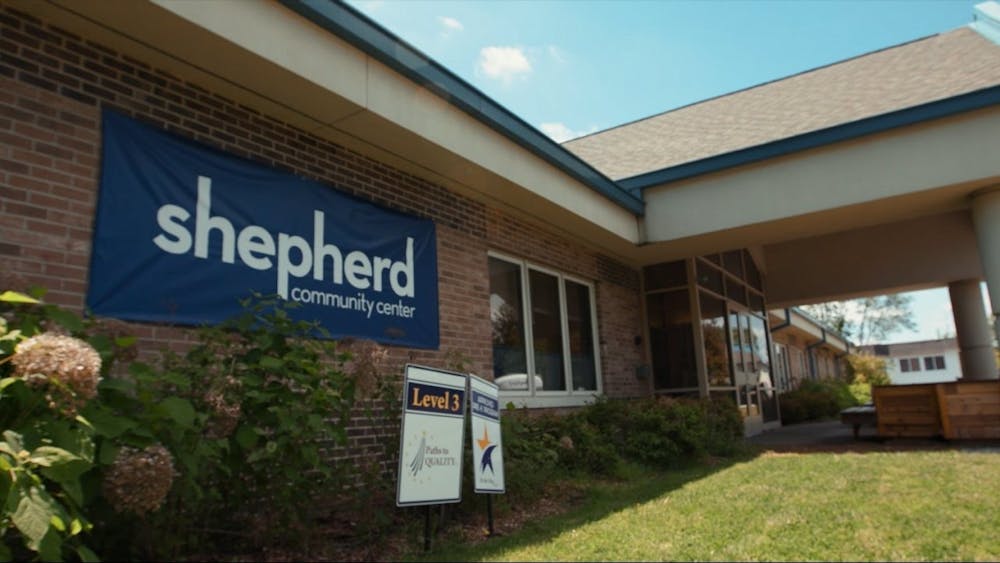Many things in the world have changed because of COVID-19. The way people travel, the way they work, if they can work at all, and the ability to eat inside any restaurants right now are all different. Many schools, including Muncie Community Schools are turning to e-learning to continue the learning process. On April 2, Governor Eric Holcomb signed Executive Order 20-16, which canceled in-person classes across the state of Indiana for the rest of the academic year.
This affects all students, but it arguably affects younger children the most. For Rachel Brown, a K4 teacher, instructing four-year olds doing kindergarten-level work, and an elementary after-school coordinator at Shepherd Community Center in Indianapolis, it has been a tough transition that Shepherd has been trying to make. Brown teaches 21 K4 students, and leads the after-school program, and as a school they’ve shifted completely to e-learning. Brown and other teachers have been recording videos of lessons, using online platforms to communicate, and creating a consistent schedule for the students while they’re at home.
“In my specific classroom, I am doing a lot of recordings and sending out fun and engaging resources to parents that they can use at home to encourage learning,” said Brown. A study done by the Cincinnati Children’s Hospital Medical Center found that children aged between 2-5 should be limited to one hour of screen media a day, if possible. The study says children learn better when they are face-to-face with a teacher, and they can better apply what they learn in everyday situations because of it. With face-to-face class being canceled for the rest of the academic year, schools have had to use e-learning as an alternative.
Brown is hopeful the students are able to adapt to e-learning, but also that they get the knowledge they need in general to complete the grade they are in. Her 21 K4 preschool students are set to head to kindergarten in the fall, and she’s hoping this transition goes smoothly for her students.
“The impacts could be long-term and affect our students for the foreseeable future, but we are all doing our best to learn alongside our students at this time and help them be successful,” said Brown.
Brown is only in her third year at Shepherd, but this situation is new for not only her, but everyone at Shepherd. She just wants her students to be as successful as they can be in this situation, even though they can’t meet face-to-face.





